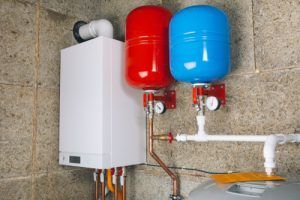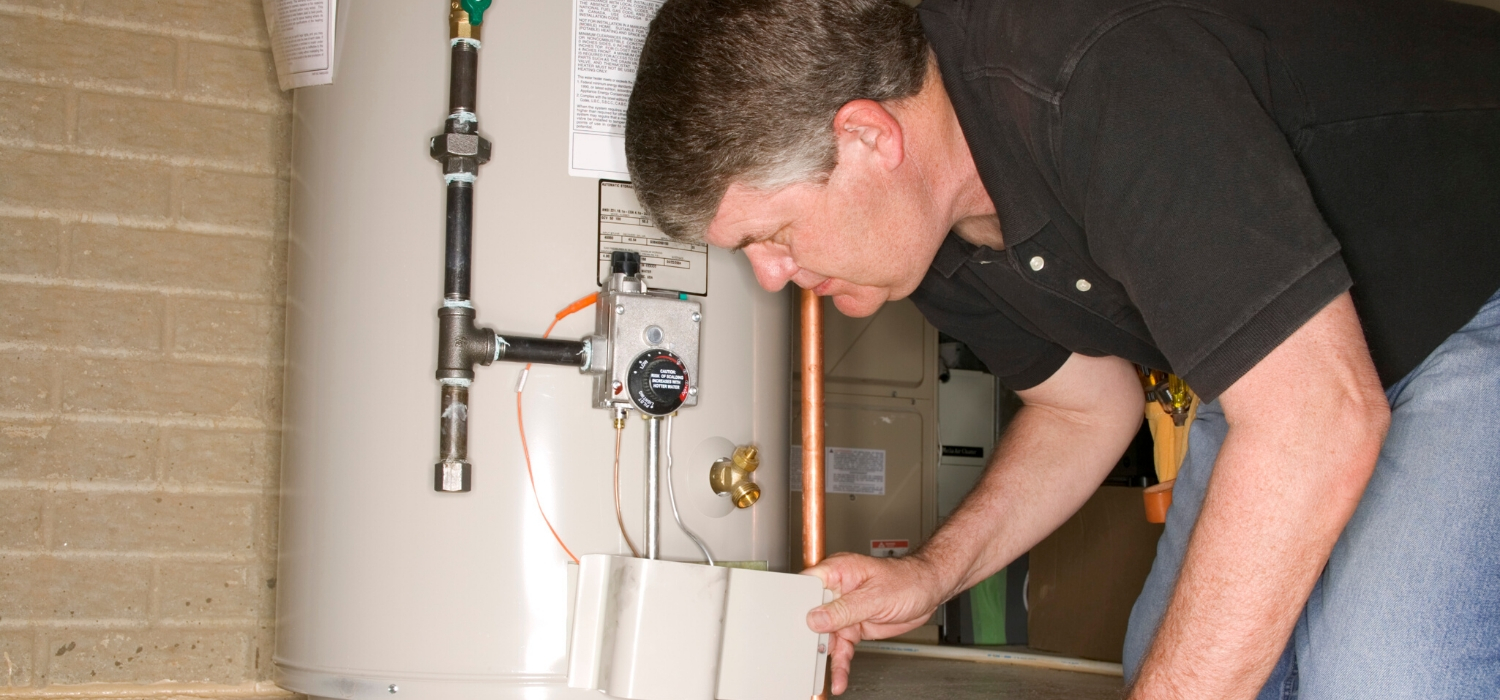Dealing with the Primary Water Heater Urgencies
Dealing with the Primary Water Heater Urgencies
Blog Article
Presented here in the next paragraph you will find a good deal of awesome material concerning Warning Signs You Need Water Heater Repairs.

A hot water heater is just one of one of the most crucial fundamental home appliances that can be discovered in a home. With hot water heater, you don't need to undergo the tension of heating water manually whenever there is a requirement to wash, do the laundry, or the meals. Nevertheless, there is constantly an opportunity that your hot water heater would act up just like most mechanical devices.
It is necessary to note any little malfunction as well as tackle it quickly prior to points get out of hand. Most times, your water heater starts to malfunction when there is an accumulation of sediments as a result of continuous use. As a precaution, regular flushing of your water heater is recommended to avoid debris build-up and also prevent useful failing.
Usual water heater emergency situations as well as just how to handle them
Too little warm water
Dealing with an insufficient supply of warm water can be irritating. It might be that the water heater can not support the warm water need for your apartment. To handle this problem, you can attempt to change your heater's temperature dial as well as wait on a few mins. If the issue lingers, you can ask for the assistance of a specialist plumber. You could update your water heating system to one with a bigger capability.
Rising and fall water temperature.
Your hot water heater could begin generating water of various temperature levels usually ice scalding or cold warm. In this situation, the first thing you do is to guarantee that the temperature is set to the wanted degree. If after doing this, the water temperature maintains changing throughout showers or various other activities, you might have a defective thermostat. There could be a need to change either the heating or the thermostat system of your water heater.
Leaking hot water heater container.
In this circumstance, you should turn off your water heating system, permit it to cool down, and also meticulously look for the source of the trouble. At times, all you require to do is to tighten a few screws or pipe connections in cases of small leaks. If this doesn't work and the leakage persists, you could require to utilize the services of a technician for an ideal substitute.
Blemished or stinky water
You require to understand if the issue is from the water or the tank source when this occurs. You are certain that it is your water heating unit that is malfunctioning if there is no funny smell when you run chilly water. The stinky water can be brought on by corrosion or the accumulation of bacteria or sediments in the hot water heater storage tank. Once you discover this, you can try flushing out your container or changing the anode if the problem continues. The feature of the anode is to clear out bacteria from your tank. Given that the anode rod replacement needs a comprehensive expertise of your water heater, you will certainly require the assistance of a professional.
Conclusion
Some homeowners overlook little caution and minor faults in their water heater unit. This only causes more damages as well as a possible complete break down of your device. You need to deal with your water heater mistakes as soon as they come near avoid more costs and also unnecessary emergency troubles.
With water heating units, you do not need to go via the anxiety of heating water by hand every time there is a requirement to take a bathroom, do the laundry, or the dishes. It might be that the water heater can't sustain the hot water demand for your home. Your water heating system can start producing water of different temperatures typically ice hot or cold warm. If there is no amusing odor when you run cool water, then you are particular that it is your water heating system that is defective. The stinky water can be caused by rust or the accumulation of microorganisms or debris in the water heating unit container.
Water Heater Burst: Why This Happens And What To Do Next
Water Heater Explosion Warning Signs
Since storage water heaters are made of metal and store large volumes of heated water, they carry an increased risk of leaking or even exploding as they begin to rust at the fittings and seams over time. If the thermostat controlling the water temperature within the tank is faulty, or if mineral buildup inside the water heater prevents the thermostat from sensing the water’s temperature correctly, the water could become overheated. This will expand its volume within the tank, causing it to press at the tank’s fittings and seams. If these fittings and seams are rusted or corroded, the pressure could result in a leak or even an explosion.
Here are some risk factors and warning signs of an increased risk of water heater leak or explosion:
Your water heater is more than 10 years old. Your water heater makes clanking, banging or rumbling noises as it heats up, indicating that sediment has built up and hardened inside the tank. There is visible rust on the outside of the water heater, especially located at the pipe fittings or the seams that run down the tank. There is rusty water coming from your water heater, indicating that there may be rust building up inside. Your water heater is leaking, which could indicate either a crack somewhere in the tank or a malfunctioning temperature-and-pressure (T&P) relief valve. What To Do When Water Heater Leaks
If you find water dripping or seeping out of your water heater, or pooling around it, it means your water heater is leaking. If you find a leak, it may be best to call a plumbing professional to diagnose the problem and determine how best to handle it. If you choose to tackle it on your own, there are a few things you can do.
TURN OFF THE POWER
Next, shut off the power to the hot water tank at your home’s electrical breaker box. If you don’t shut off the power, the heating elements within the tank could continue to stay hot, which could pose a fire risk.
If you have a gas-powered water heater, you’ll also need to shut off the gas line leading into the tank.
FIND THE LEAK
Now it’s time to determine where the leak is coming from. Likely locations are the T&P valve, the drain valve or one of the pipes or fittings that feed into the top of the tank. If you see any rust or corrosion on the outside of your water heater’s tank, pipes or fittings, these could also be the source of the leak.
REPAIR THE LEAK
Once you determine the source of your water heater leak, you’ll have a better idea of what steps you need to take to fix the problem. It may be a simple fix—such as using a wrench to tighten fittings or replacing the T&P valve—but it may be something more complicated. You may even need to drain the tank, remove the water heater and install a new one.
https://www.abchomeandcommercial.com/blog/water-heater-burst/

We had been brought to that article on The Importance of Water Heater Maintenance from someone on a different website. Sharing is nice. You never know, you might be doing someone a favor. Thank you for going through it.
Book An Appointment Report this page